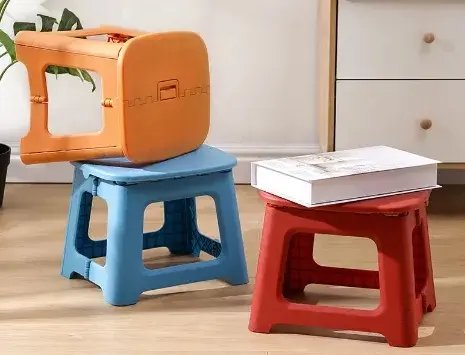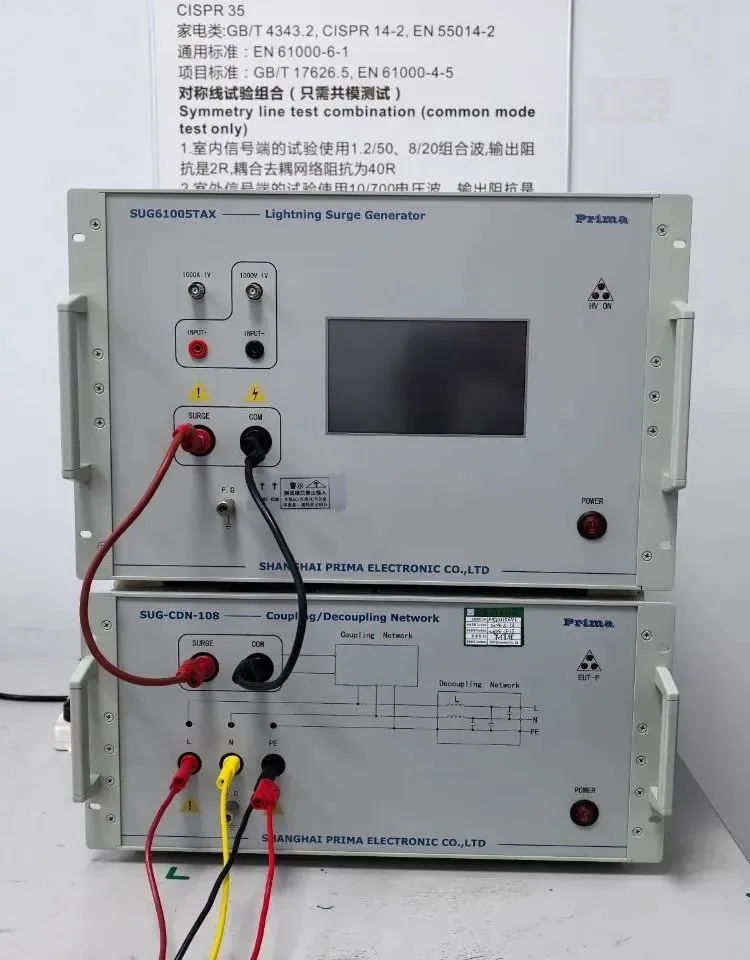
ASTM F2613-19 Standard Testing for U.S. Children's Chairs
The mandatory safety standard ASTM F2613-19 for children's folding chairs and stools, issued by the U.S. Consumer Product Safety Commission (CPSC), took effect on JULy 6, 2020, and was incorporated into federal regulations under 16 CFR 1232 Children's Folding Chair and Stool Safety Standard. Amazon requires all children's folding chairs and stools listed on its U.S. marketplace to comply with ASTM F2613-19.

Background and Scope of ASTM F2613-19:
1. Issuing Organization: ASTM International (American Society for Testing and Materials).
2. Applicable Products: Portable folding chairs (e.g., camping chairs, beach chairs, folding recliners), covering household, outdoor, and event chairs.
3. Core Objectives: Ensure structural safety, stability, and reliability of folding mechanisms in normal use, REDucing accidental injury risks due to design defects.
According to Amazon's requirements, all children's folding and non-folding chairs and stools must be tested and comply with the following specific regulations and standards:
For all children's folding and non-folding chairs and stools:
1. Consumer Product Safety Improvement Act (Lead and Phthalates); and
2. 16 CFR Part 1130 (Consumer Registration Requirements for Durable Infant or Toddler Products); and
3. Consumer Product Safety Act Section 14(a)(5) (Tracking Labels);
Additionally, at least one of the following:
1. 16 CFR Part 1232 (Safety Standard for Children's Folding Chairs and Folding Stools); or
2. ASTM F2613-21 (Standard Consumer Safety Specification for Children's Chairs and Stools); or
3. ASTM F2613-22 (Standard Consumer Safety Specification for Children's Chairs and Stools).
Core Requirements of ASTM F2613:
1. Structural Integrity Testing:
- Static Load Capacity: The chair must withstand four times its nominal weight capacity as a static load (e.g., if the nominal weight capacity is 113 kg, the test load must be 452 kg) for one minute without structural failure or permanent deformation.
- Cyclic Fatigue Test: Simulating normal use, the chair must pass **10,000 open-close cycles** without failure of the folding mechanism, and the locking device must function properly.
2. Stability Requirements:
- Forward and Sideward Tilt Test: The chair must not tip over when placed on a 10° inclined platform with the specified load applied.
- Rearward Tilt Test: The chair must remain stable when the backrest is subjected to backward force, preventing sudden overturning.
3. Folding Mechanism Safety:
- Accidental Folding Prevention: The locking mechanism must remain engaged without deliberate operation to prevent accidental closure.
- Child Safety Design: Prevent fingers, clothing, etc., from being caught in hinges or folding parts (referencing ASTM F963 Toy Safety Standard).
4. Labeling and Warning Signs:
- Weight Capacity Label: Clearly indicate the maximum user weight (e.g., "Max Weight: 113kg/250lbs").
- Safety Warnings: Indicate risks such as "No Standing" and "Avoid Excessive Tilting."
Testing Methods and Common Failure Causes:
Key Testing Scenarios:
1. Seat and Backrest Connection Strength: Simulating impact force from a user suddenly sitting down or leaning back.
2. Armrest Load Test: Armrests must withstand a vertical downward force of 89N without breaking or detaching.
3. Leg Strength: Applying lateral force to chair legs to test bending resistance.
Typical Non-Conformance Issues:
1. Material Defects: Insufficient tubing wall thickness, weak weld points.
2. Design Defects: Loose locking mechanisms, stress concentration at folding joints.
3. Missing Labels: Lack of weight capacity indication or safety warnings.
Children's folding chairs and stools must meet surface coating, lead, testing, certification, registration card, and tracking label requirements:
1. Surface Coating Limits: Children's folding chairs and stools must not use paint containing more than 90 ppm (0.009%) lead.
2. Lead Content Limits: The total lead content of any accessible part of children's folding chairs and stools must not exceed 100 ppm (0.01%).
Like all products primarily designed for children 12 years old or younger, children's folding chairs and stools must be tested by a CPSC-approved third-party laboratory to comply with the children's folding chair and stool standard (effective July 6, 2020) and all other applicable children's product safety regulations.
Product and Packaging Label Requirements: Durable infant or toddler products, such as children's folding chairs and stools, must be permanently marked with specific label information, including tracking labels, on both the product and packaging.
Email:hello@jjrlab.com
Write your message here and send it to us
 What Are the Testing Items of California Propositi
What Are the Testing Items of California Propositi
 E-Cigarette EU TPD Testing
E-Cigarette EU TPD Testing
 Testing Certification for E-cigarettes Exported to
Testing Certification for E-cigarettes Exported to
 What is Amazon US CPC Certification?
What is Amazon US CPC Certification?
 UK Toy Safety Regulation Standard EN 71-13
UK Toy Safety Regulation Standard EN 71-13
 What is EU UFI Registration?
What is EU UFI Registration?
 EU UFI Registration for E-cigarette E-liquid
EU UFI Registration for E-cigarette E-liquid
 How to get the MSDS Report for Electronic Cigarett
How to get the MSDS Report for Electronic Cigarett
Leave us a message
24-hour online customer service at any time to respond, so that you worry!




